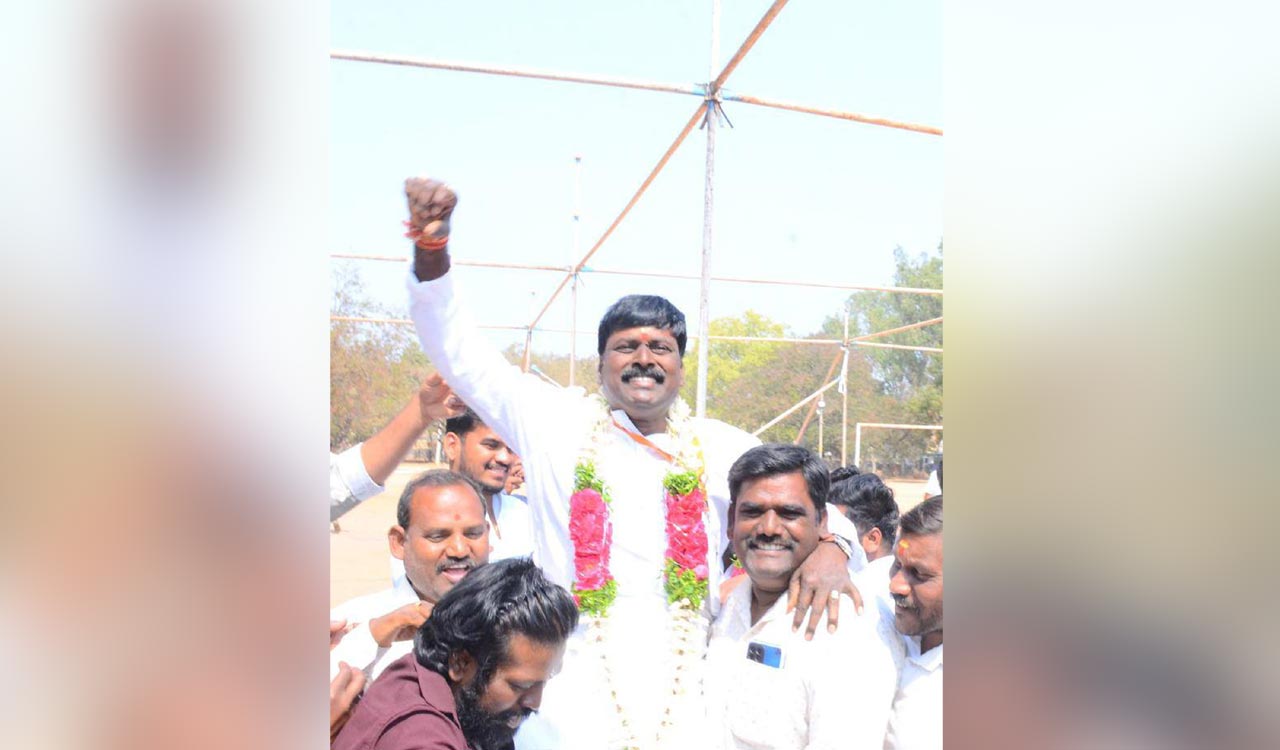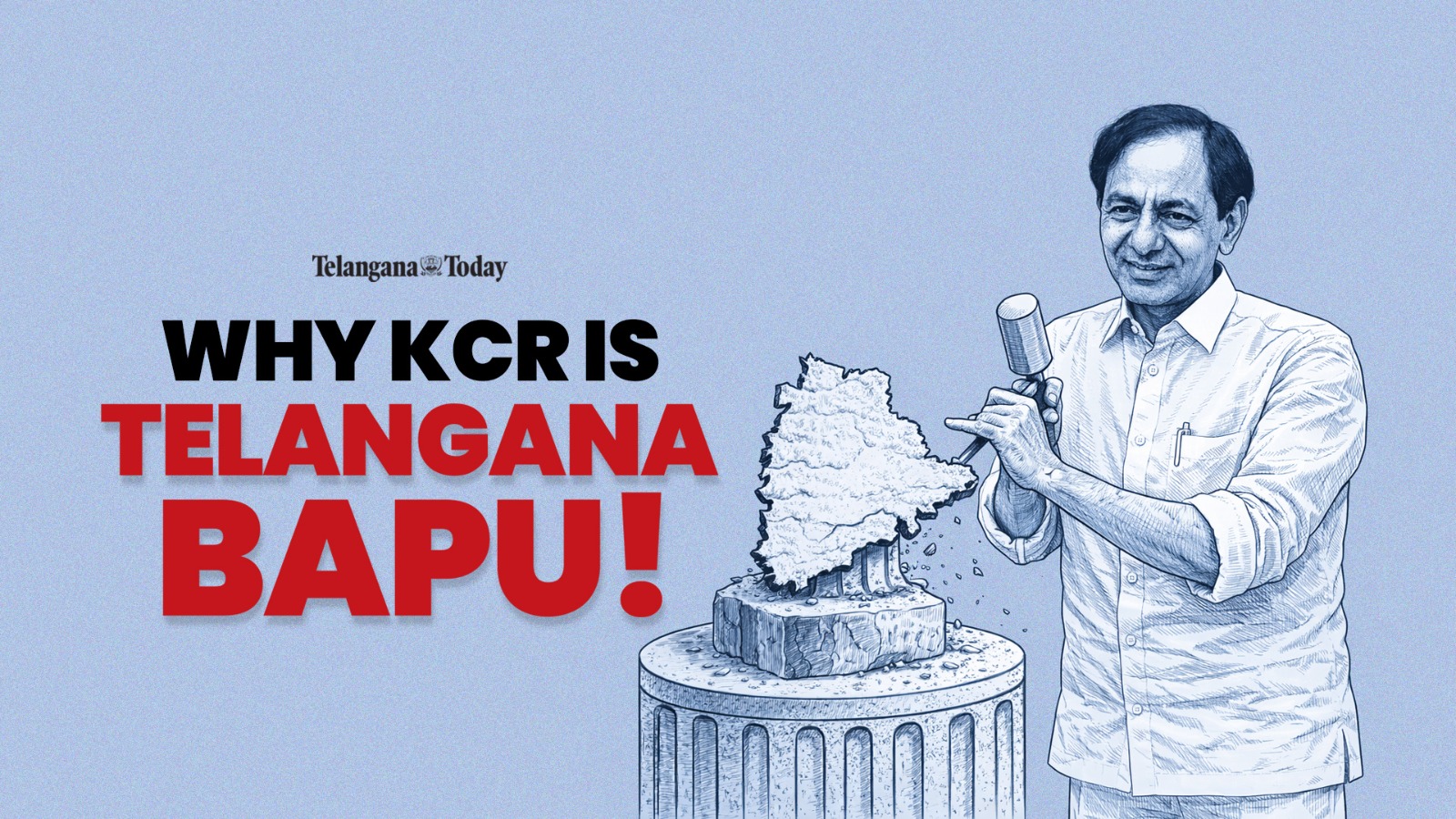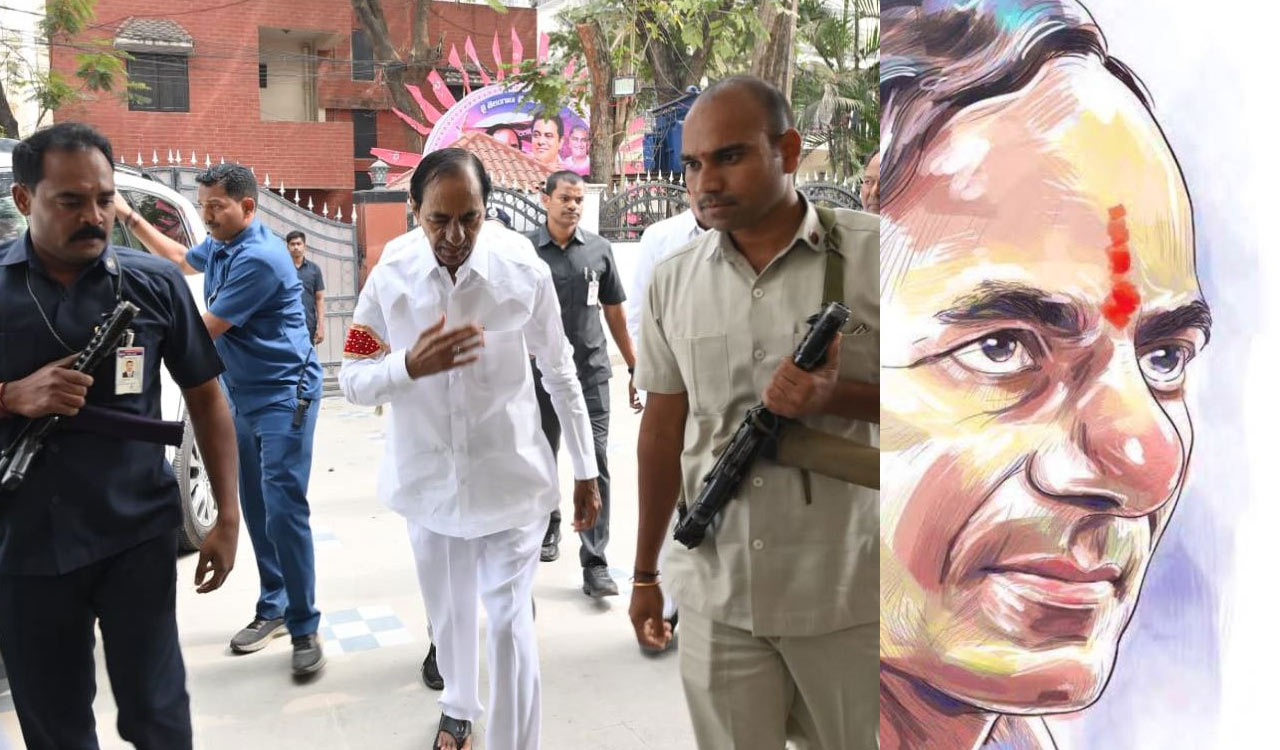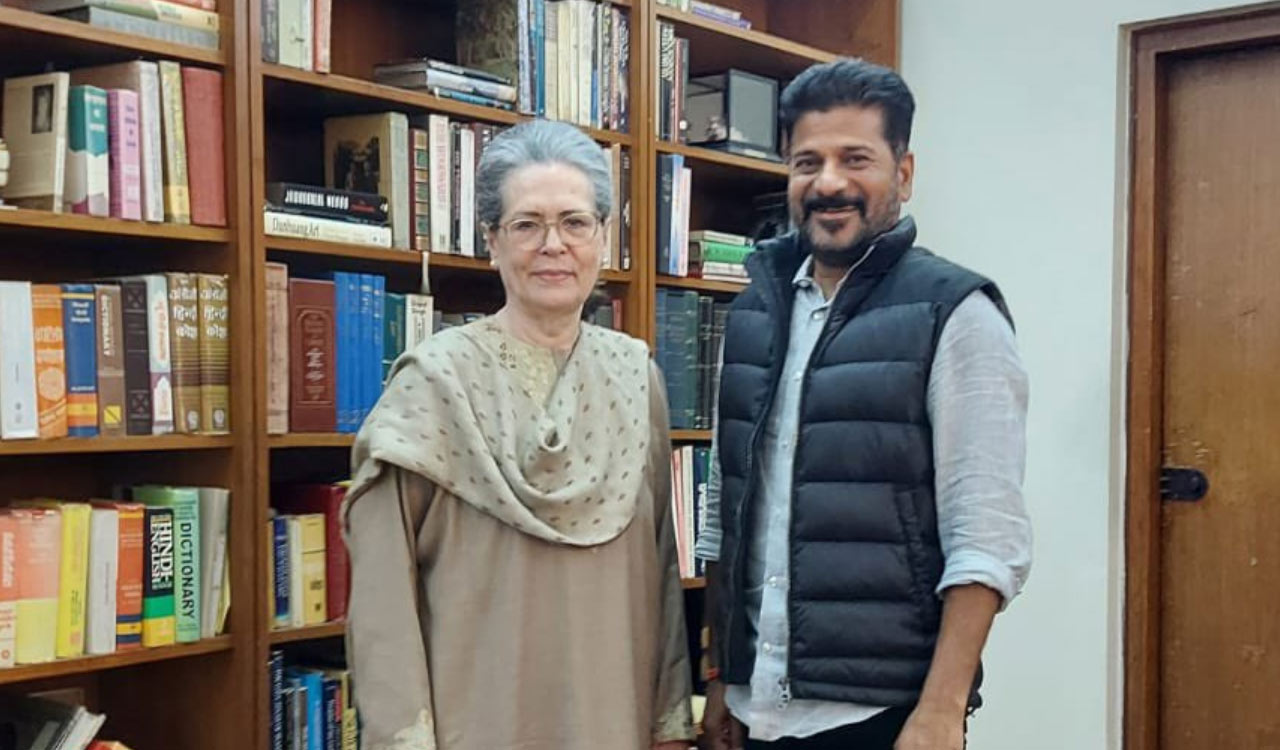Focusing on papers for Group-II exam
Hyderabad: Aspirants should focus on issues of development and change, economic reforms and also the timeline of events in Telangana Issues of Development and Change The third segment of Paper III is development and change which is based on development economics. Its weightage is 50 marks and overlaps with society, economy and environment. The four […]
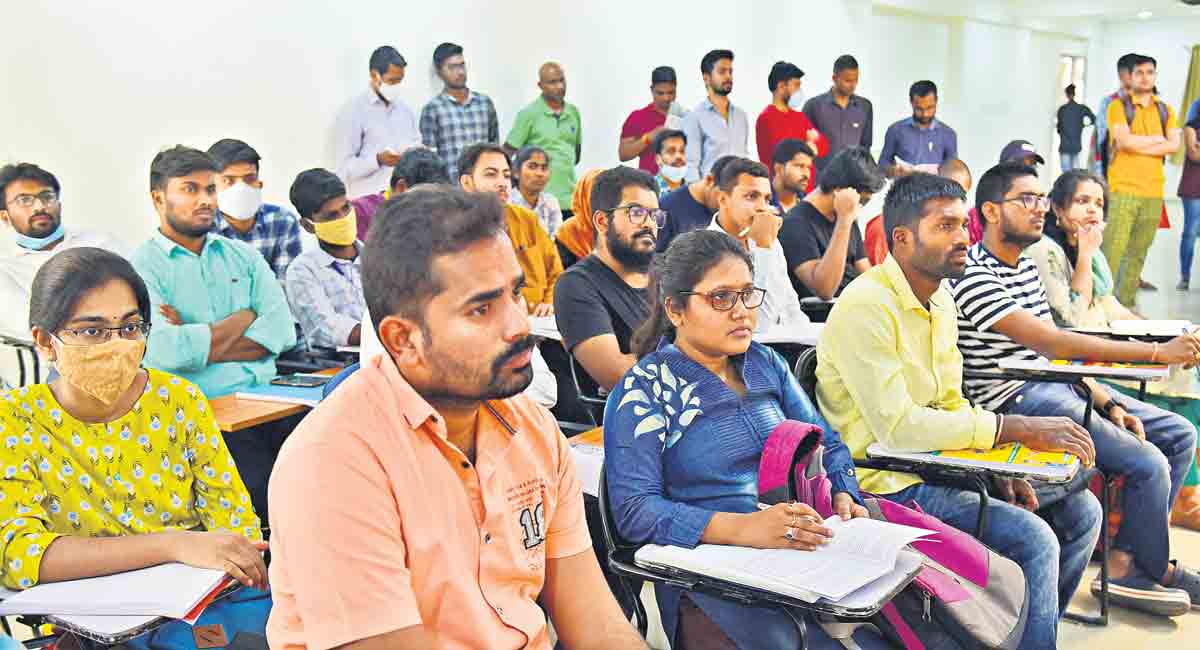
Hyderabad: Aspirants should focus on issues of development and change, economic reforms and also the timeline of events in Telangana
Issues of Development and Change
The third segment of Paper III is development and change which is based on development economics. Its weightage is 50 marks and overlaps with society, economy and environment. The four chapters in the syllabus in Development and Change is.
1. Development Dynamics: Regional Inequalities in India – Social Inequalities – Caste, Ethnicity (tribe), Gender and Religion; Migration; Urbanisation
This chapter overlaps with society. A candidate should be well aware of the various issues and problems of SCs, STs, women and minorities. The focus will be on the various measures taken by the Government in the State and at the Centre for these communities.
2. Development and Displacement: Land Acquisition Policy; Resettlement and Rehabilitation
Candidates must focus on the reasons for development and displacement and on the provisions for Land Acquisition Rehabilitation and Resettlement Act.
3. Economic Reforms: Growth, Poverty and Inequalities – Social Development (education and health); Social Transformation; Social Security
Candidates must focus on concepts of growth, poverty and inequalities and various schemes launched by the government to address poverty.
4. Sustainable Development: Concept and Measurement; Sustainable Development Goals
Candidates must focus on the concept of sustainable development, the evolution of the concept, the sustainable development goals and sub-goals and the schemes launched by the Government of India and the Government of the State to achieve these goals.
Recommended resources:
1. THE 17 GOALS | Sustainable Development (un.org)
2. Socio-economic survey of India and Telangana
PAPER IV
Telangana Movement and State Formation
The paper is divided into three phases – The idea of Telangana (1948-1970); Mobilisational phase (1971 -1990) and Towards Formation of Telangana State (1991-2014).
The syllabus can be covered in the form of a timeline of events leading to the formation of Telangana State:
1. Origin of the Mulki issue.
2. Mulki issue under the Nizam rule, especially the period under fifth, sixth and seventh Nizam.
3. The impact of military rule and the civilian government on the Mulki issue (1948-1952).
4. The elected government of Hyderabad state – 1952 elections and first cabinet of Hyderabad.
5. The 1952 agitation – causes, related events, consequences.
6. 1952 – 1956 – appointment of the States Reorganisation Commission (SRC) and its recommendations, especially w.r.t. Visalaandhra and Hyderabad State, reactions to the SRC report and incidents that paved the way to the formation of Andhra Pradesh, the Gentleman’s agreement and measures taken by the union and State Governments for its implementation; views of Dr BR Ambedkar on the formation of smaller states in India.
7. 1969 agitation – violation of gentleman’s agreement and other causes of the agitation, all events and people related to the agitation and their contributions, all party meetings held during the agitation, steps taken by the union government and State government during the agitation, elections held during the agitation and their result and the outcome of the agitation.
8. Jai Andhra Movement – causes, important events, consequences – six-point formula and its impact on Telangana region.
9. Naxalism – causes, spread, important leaders and organisations, books and authors, important incidents related to the Naxal agitation and measures taken by the various governments in the state to address Naxalism including committees appointed and peace talks with Naxalites.
10. 1970 -2000 – Impact of Jalagam Vengal Rao rule, NTR rule, MCR rule and Chandrababu Naidu rule on Telangana region.
11. 1980 to 2000 – Organisations, people and events that contributed towards creating awareness on the need to form Telangana state and prepare the people of Telangana for the last phase of agitation.
12. 2000 to 2014 – the last phase beginning with the formation of TRS and ending with the formation of the state of Telangana. All events, organisations, persons and committees associated with this phase are important.
Recommended resource:
1. Formation of Telangana by V Prakash
By Deepika Reddy
Director, Shikara Academy
Mobile No. 7702026769
Related News
-
Telangana student found dead in hostel at NIT Kurukshetra
13 mins ago -
Couple elected as chairperson and vice-chairperson of Nirmal Municipality
7 hours ago -
Telangana municipal polls: BRS pockets 18 municipalities
8 hours ago -
BJP draws sharp criticism for meeting Congress leaders in Hyderabad
8 hours ago -
Inorbit Mall Cyberabad hosts Valentine specials, interactive games and live performances
8 hours ago -
Jangaon chairperson election postponed amid high drama
8 hours ago -
Editorial: Showcasing India’s tech prowess
8 hours ago -
Health Minister orders suspension of absent Jogipet doctors
8 hours ago

